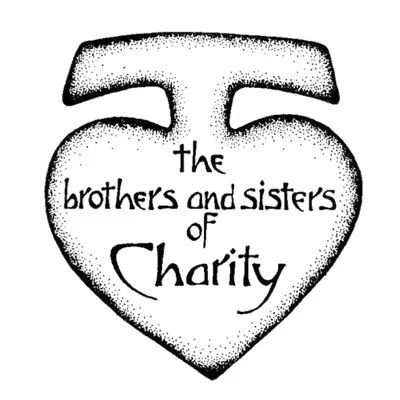THE CALLING
The Situation in Our World
We live in a world in which a cacophony of voices calls us, and competing forces pull us in all directions. At times we seem pulled apart from the inside out. Conservative and liberal forces in politics and society exist in the Church and even within consecrated life itself. This can leave us confused and exhausted—precisely what the enemy desires. But Jesus is the Divine Healer. He is the Way, Truth, and Life, and He sends the Spirit from the Father to empower us on our journey to Eternal Life.
The Call From Christ
Jesus calls us to leave everything to follow Him. His call is demanding, and total. And it is for every disciple.
We don’t obey Him because the world is evil, but because we have used it wrongly. We leave every possession not because owning things is wrong, but because our possessions often possess us. We leave every relationship because we often relate to others wrongly. And we even leave ourselves because we have settled for a version of ourselves that is not what God had in mind for us when He created us in our mother’s womb. Once we do this, we can use possessions rightly, live relationships chastely, and keep ourselves for God alone. Only then are we really fulfilled as persons.
The Monastic Call and Legacy
Throughout Christian history there have been some disciples who answered a call to something even more. Among these are the Christian ascetics, hermits, and monastics.
To live for “God alone” is the essence of monastic life. The word, “monk” comes from the Greek monos, which means “alone.” Anytime Jesus went to be alone in prayer, He was monos. In the Gospels, we find Him in such prayer before anything of major importance in His life and ministry. The disciples and apostles did the same, as is seen in St. Paul, who went down to Arabia before his ministry.
The early monks made this a way of life. The first monastics were groups of virgins or widows in Scripture, then ascetic groups often gathered around a family, and then around persons like St. Antony the Great or St. Pachomius in Egypt, who lived and fathered the hermit and community ways of life respectively. Then colonies of hermits and communities of monks and nuns formed and spread through Palestine, Syria, Northern Africa, and eventually Cappadocia and Rome. St. Basil is considered the father of Eastern monasticism, with his older sister Macrina leading the nuns. St. Benedict of Nursia is the father of Western monasticism, with his sister St. Scholastica founding an abbey for nuns. Reforms under Sts. Romuald and Bruno brought the social hermit ideal back to the West under the Gregorian Reform in the 10th and 11th centuries. Finally, in the 13th century, St. Francis of Assis went into radical solitude and formed hermitages from which his entire community went forth, changing the face of Europe and much of the world with the fire of the gospel of Jesus Christ. This tree stretched its mighty branches out in many directions in every era to form the contemplative beating heart of the entire Catholic Church. And new communities are bring raised up in the Spirit to this day and you can be a part of this mighty movement of the Spirit too!
